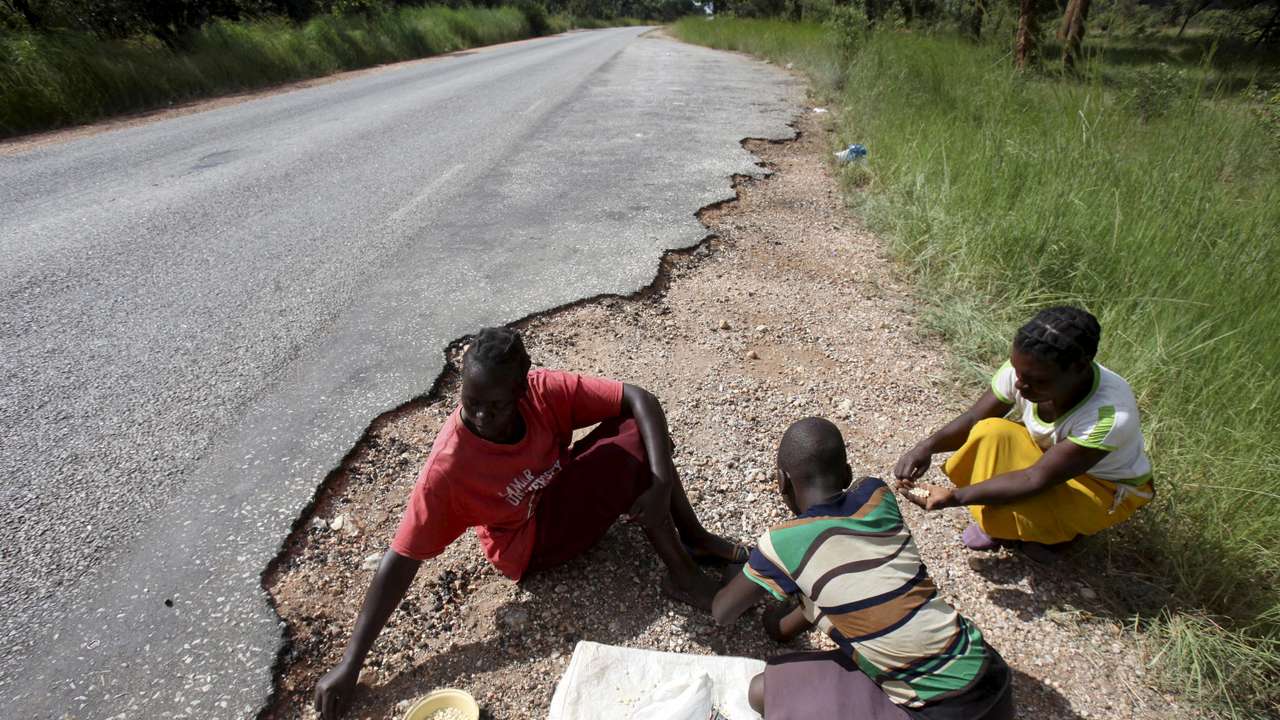Zambia Roundup: Election eligibility, minimum wage, financing sustainable agriculture

Election eligibility
Zambian Constitutional Court has set November 17 as the ultimatum regarding the eligibility of former President Edgar Lungu to contest for the 2021 general election and future elections following his return to politics. Local news media Zambian Observer reports that a petition was filed on October 9 on Lungu’s eligibility to contest for elections. According to the report, the petitioner contended that the former Zambian president was ineligible because he was sworn in twice as Republican President in 2015 and 2016.
Minimum wage
The revision of minimum wages and the Conditions of Service of Employment Act has been approved by the Zambian Cabinet. This approval, which happened last week Monday comes in the wake of points raised at a recent labour council conference between government representatives and labour unions, local media Lusaka Times reported. Chief government spokesperson Cornelius Mweetwa in a press statement said that, to ensure that minimum wage workers enjoy better working conditions and are aware of how the rising cost of living impacts their livelihoods, a review of minimum pay was decided upon.
Sustainable agriculture financing
The Zambian government on November 3 launched the Sustainable Agriculture Financing Facility credit window to support and promote sustainable agriculture practices and aims to provide accessible loans to farmers, according to local news media the Lusaka Times. Agriculture Minister, Reuben Mtolo, in a statement, said, “Banks will offer these loans with competitive interest rates starting at 12%. All recipients must sign binding contracts pledging to sell the Food Reserve Agency (FRA) their produce. This pledge ensures the country's food security by acting as a market facilitation tactic.’’
Suicide over infidelity
A 52-year-old Zambian police inspector has committed suicide by ingesting a poisonous substance after he had accused his wife of extramarital affairs, local news media Mwebantu reports. The inspector’s body is reported to have been found unresponsive in his minibus. The commanding officer of the Copperbalt province in the south of Zambia is quoted by Mwebantu saying, “Inspector Evans Simweemba who was recently transferred from Kamuchanga police station to Ndola at Twapia police station has committed suicide by taking a toxic substance in his quantam minibus registration. He left his house yesterday November 5th around 14:00 hours using the same vehicle after a marital dispute with his wife whom he suspected of going out with other men.”
Livestock theft
The Zambian parliament has passed a bill from its Criminal Procedure Code Amendment Bill of 2023 to make livestock theft a non-bailable offence in the Southern African country, according to local news media Lusaka Times. The bill which was presented in the Zambian parliament by the justice minister proposes that people who are caught stealing livestock would not be eligible to receive bail. By adding harsher penalties to the penal code, the proposed modification seeks to dissuade future perpetrators, specifically targeting repeat livestock theft offences, the Lusaka Times reported.